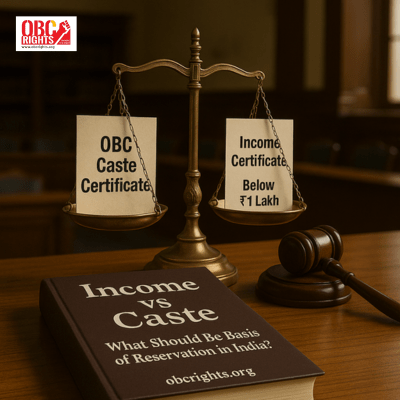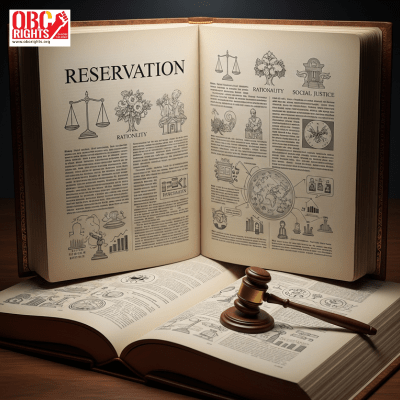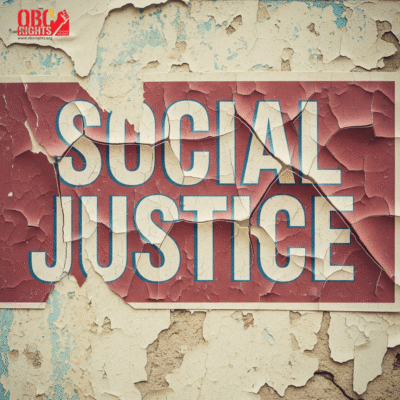Published – September 10, 2025
Understanding the Real Debate Behind Reservation Policies
Reservation has always been a deeply debated issue in India. Whether in education, employment, or politics, one question remains at the center of the discussion: should reservation be based on income or caste?. While some argue that economic hardship should be the deciding factor, others emphasize that caste-based discrimination is far from over. This blog explores the income vs caste debate by weighing the pros and cons of both approaches to understand what truly leads to social justice.
Caste-Based Reservation: Pros and Cons
Pros:
- Corrects Historical Injustice: For centuries, lower castes were denied access to education, jobs, and basic rights. Caste-based reservation is a corrective tool for that long-standing injustice.
- Addresses Social Backwardness: Caste still influences one’s access to opportunities, safety, and dignity in India.
- Constitutional Backing: Articles 15(4) and 16(4) of the Constitution allow caste-based reservation to promote social equality.
- Data-Driven Justification: Reports like NFHS-5 and SECC show that marginalized castes still lag in key development areas.
Cons:
- Creamy Layer Concerns: A section of well-off individuals within backward castes may benefit repeatedly, while poorer members miss out.
- Exclusion of Economically Weak Upper Castes: Poor individuals from unreserved categories often get left behind.
- Public Backlash: It can create resentment among those who narrowly miss out due to quota limits.

Income-Based Reservation: Pros and Cons
Pros:
- Inclusive of All Poor: It supports financially weak individuals from every community.
- More Publicly Acceptable: Seen by many as a fairer system that helps based on need.
- May Reduce Caste Divides: By focusing on income, it could shift attention away from caste identities.
- Implemented in EWS Quota: The 10% EWS reservation (2019) already supports the poor from the upper castes.
Cons:
- Overlooks Social Discrimination: Income doesn’t protect someone from caste-based bias in schools, workplaces, or society.
- Easy to Misuse: Income documents are easier to fake, risking misuse of benefits.
- No Structural Impact: Economic status can change quickly, but social status and discrimination are generational issues.
Why the Income vs Caste Debate Needs Balance
The income vs caste debate isn’t about choosing one over the other — both matter. Economic poverty is short-term and measurable, but caste-based exclusion is deep-rooted and long-lasting. Even financially stable individuals from backward castes may still face discrimination.
Groups like SFRBC (OBCRights) stress that reservation policies must consider both caste and class. While the 10% EWS quota supports poor upper-caste individuals, economically weaker OBC youth must also be included under this quota to ensure fairness for all disadvantaged sections.
Conclusion
Caste and income are both important, but for different reasons. Poverty is visible and measurable, but caste-based inequality is often invisible and deeply entrenched. Without reliable caste-based data, India risks building policies that miss the core problem. Moving forward, our approach must recognize both caste and class — not one over the other — to ensure fair and effective social justice.
Real reform starts with real data — from numbers to justice, support policies that address both caste and economic inequality. Learn more at obcrights.org.



